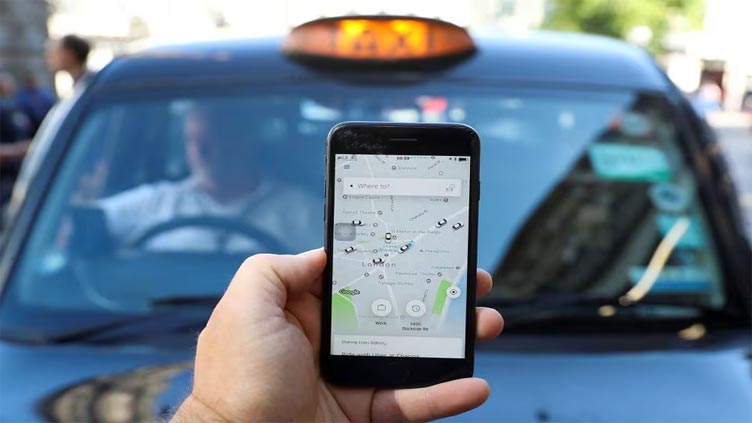Black cab U-turn: Uber to partner with London cabbies after decade of dispute

Business
Black cabs are the only London vehicles which can pick up passengers
LONDON (Reuters) - Uber will open up its platform to London's black cabs early next year, the ride-hailing firm said on Wednesday, signalling a dramatic turnaround in its relationship with drivers of the British capital's iconic taxis.
In recent years, London's black cab drivers - who have to pass a test called "The Knowledge" requiring them to memorise thousands of routes within the city - blocked the streets in protests against the ride-hailing service.
At the time, they argued Uber's app-based ordering and demand-sensitive pricing threatened their livelihoods.
Black cabs are the only London vehicles which can pick up passengers from the street or taxi ranks within the city, and can also be booked through other apps.
The new service, which will be rolled out in early 2024, follows nearly a decade of tensions between the two parties, including an unsuccessful legal challenge by black cab drivers against Uber's London operating licence in 2019.
"Black Cabs are an iconic part of the capital, loved by Londoners and visitors alike, and we are proud to work side by side," General Manager of Uber UK Andrew Brem said in a statement.
Under the new arrangement black cab drivers will be offered jobs with a pre-determined price range through Uber, which they can accept or reject. Uber will not charge black cab drivers a commission for the first six months of the deal.
In May, Uber said it was seeing an influx of European taxi drivers joining its platform with Britain, France, Germany and Spain representing its biggest markets on the continent.
Hameed Hameedi, the first London cab driver to sign up with Uber, said: "Nowadays more passengers than ever are using apps so Uber opening up to Black Cabs will be a huge advantage to the trade."
"Ultimately, more passengers booking trips means more cash for cabbies."


